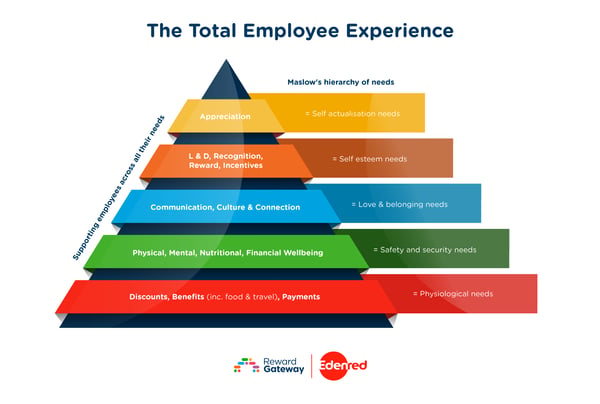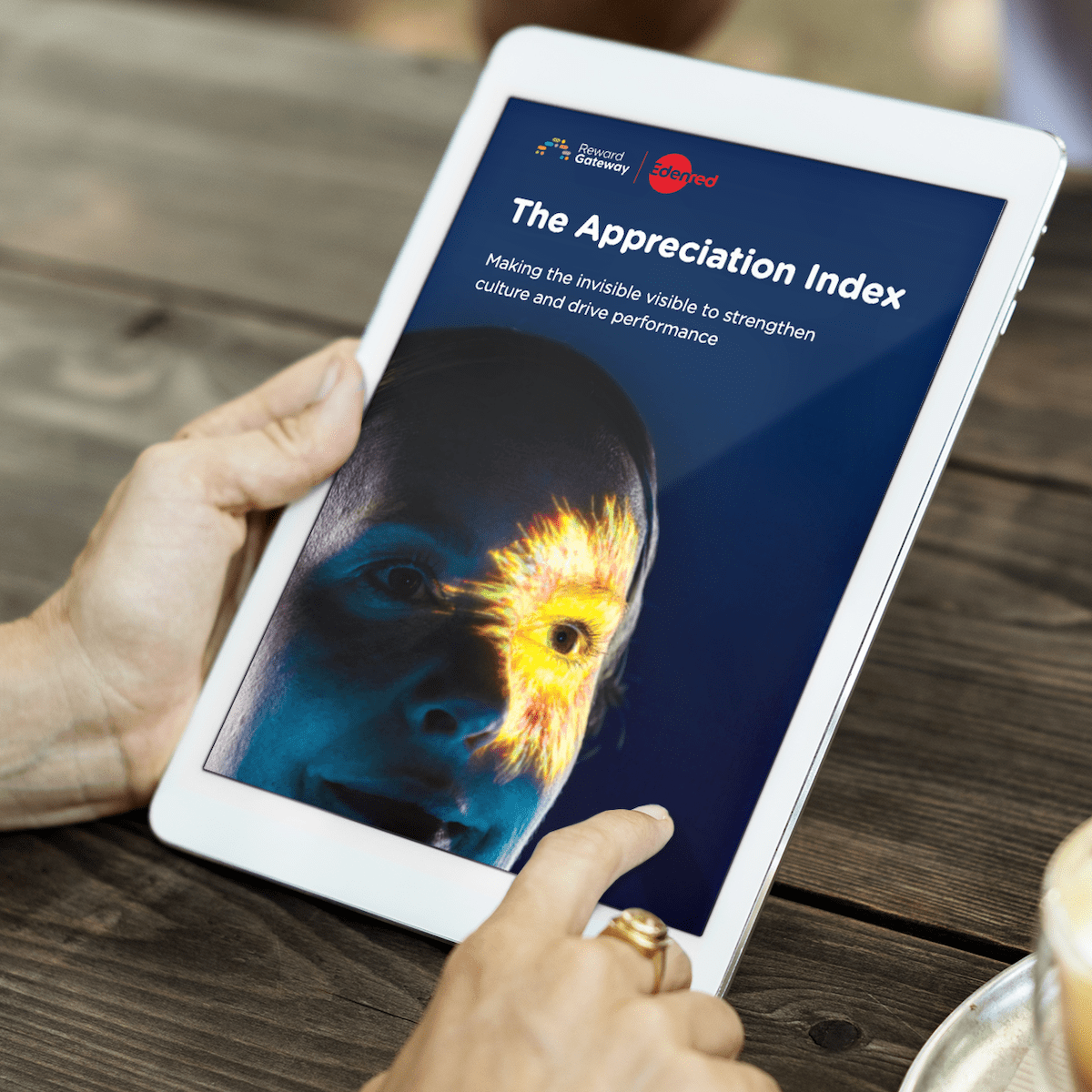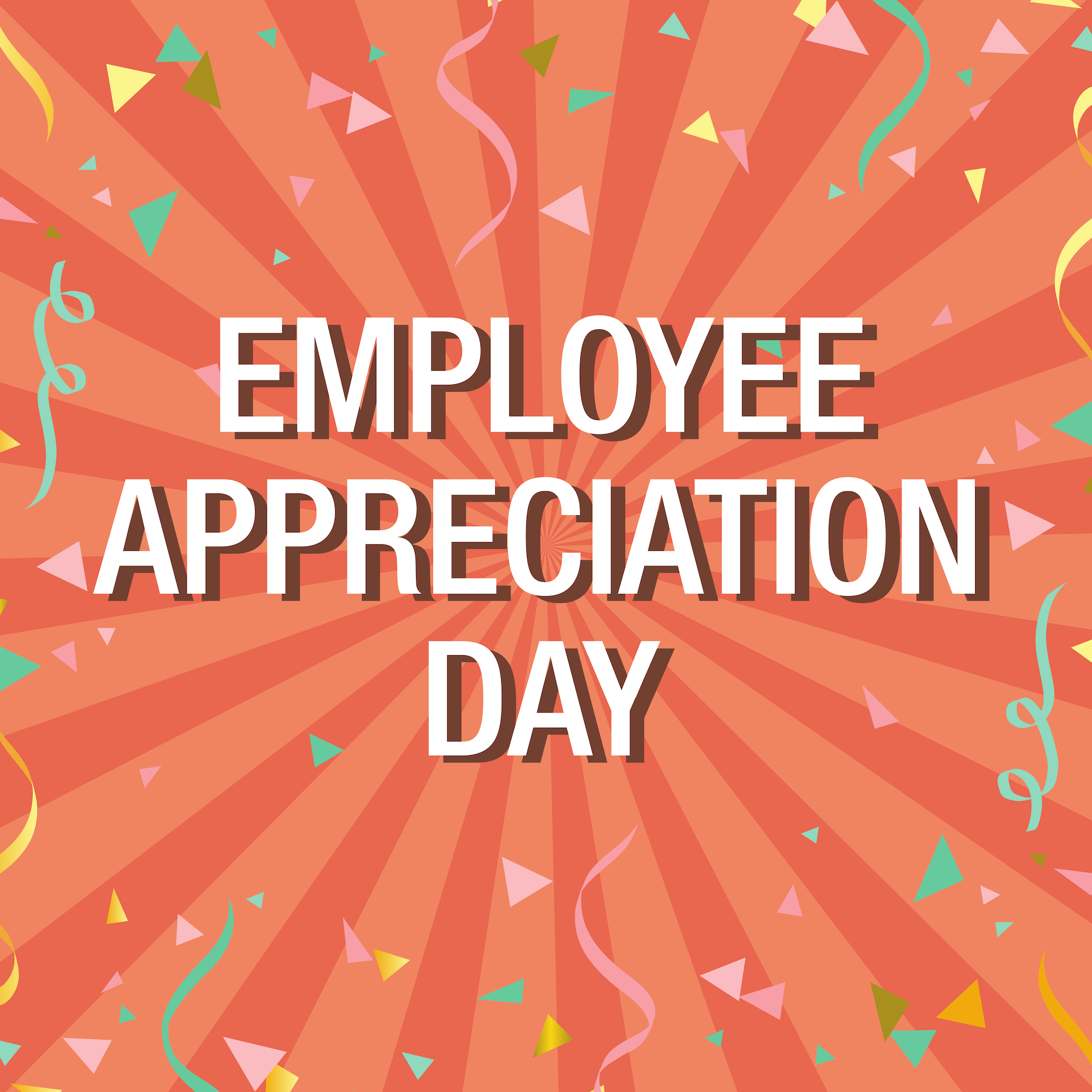At Reward Gateway | Edenred, we believe in centring The Power of Appreciation at the heart of our business strategy.
As Reward Gateway becomes one unified company with Edenred, we’re launching our new strategy centred on the “Power of Appreciation.” Doubling down on employee experience and culture, we know that if an employee feels appreciated, it has a direct impact on everything – from their overall wellbeing, level of engagement, how long they’ll stay at a company, and their overall performance.
Managers and employers can’t just tell employees they’re appreciated, the employees have to feel it; managers and employers must walk the walk, they can’t just talk the talk.
Appreciation must be a critical component of any business strategy and a focus of the C-suite. At Reward Gateway Edenred, we believe so much in the Power of Appreciation that we have named our Chief People Officer, Nebel Crowhurst, as the company’s first Chief Appreciation Officer. In this expanded role, Nebel will focus on implementing our People Strategy centred around evidence-based practice, design thinking and embedding a culture of employee appreciation within Reward Gateway | Edenred.
Why appreciation?
Aligning with Maslow’s hierarchy of needs on self-actualization, for someone to feel appreciated, all of the other needs must be met first. With that principle in mind, our People Strategy was born asking questions like:
- What are employees attracted to in a company/role?
- Where do people want to stay?
- How do they want to build and grow their careers?

It’s paramount to build a culture of people-focused management, where companies provide training, resources and tools that support business leaders and managers in their efforts to cultivate relationships with their teams and meet each individual where they are – and as a whole person, not just a number within an organisation. Recent research from OnePoll shows that appreciated employees are 10 times more likely to feel that they belong within their organisation. Furthermore, the HAAS School of Business Research found that people who are recognised are 23% more effective and productive, but people who are appreciated and valued for themselves are 43% more effective and perform better.
With this mindset, organisations can cultivate a highly engaged workforce that collaboratively achieves business and growth success, laddering up to the larger, strategic ambitions for the company. Fostering an environment where appreciation is the cornerstone of culture requires a shift in traditional HR practices and an evolved employee experience to achieve success.
Shifting HR practices from reactive to proactive
 With many HR leaders still stuck in traditional practices of being transactional and reactive, the HR industry has been slow to evolve. Even the title of “human resources” demonstrates an old fashioned approach to managing employees and resources.
With many HR leaders still stuck in traditional practices of being transactional and reactive, the HR industry has been slow to evolve. Even the title of “human resources” demonstrates an old fashioned approach to managing employees and resources.
Although many companies have shifted to not only a ‘people-first’ approach, but also position titles in a similar vein, we need to take it a step further.
As the workplace continues to change – and employees demand more transparency from companies and to be seen as a whole person – a Chief Appreciation Officer, and other people-first roles, can help build a more authentic environment.
Employees feel appreciated when they feel seen and valued for who they are as a whole human, rather than just what they produce for the company.
Let’s Start a CAO Movement
With the addition of our first Chief Appreciation Officer, we aim to spark a movement that ripples across the business world. From technology to manufacturing, higher education to healthcare and everything in between, we encourage all organisations to centre their business and people strategies on the power of appreciation.
While everyone, regardless of role or seniority, plays a critical role in building a culture of employee appreciation, it’s imperative that an executive leader champions the movement and ensures it’s a central part of boardroom conversations. We challenge every organisation to name their first Chief Appreciation Officer, because together we can turn this initial ripple into a wave of change.
Because appreciation appreciates.

 Nick Burns
Nick Burns



